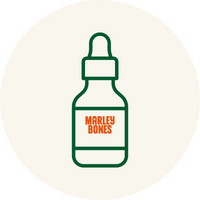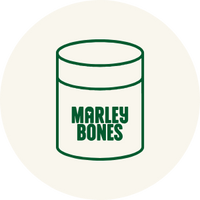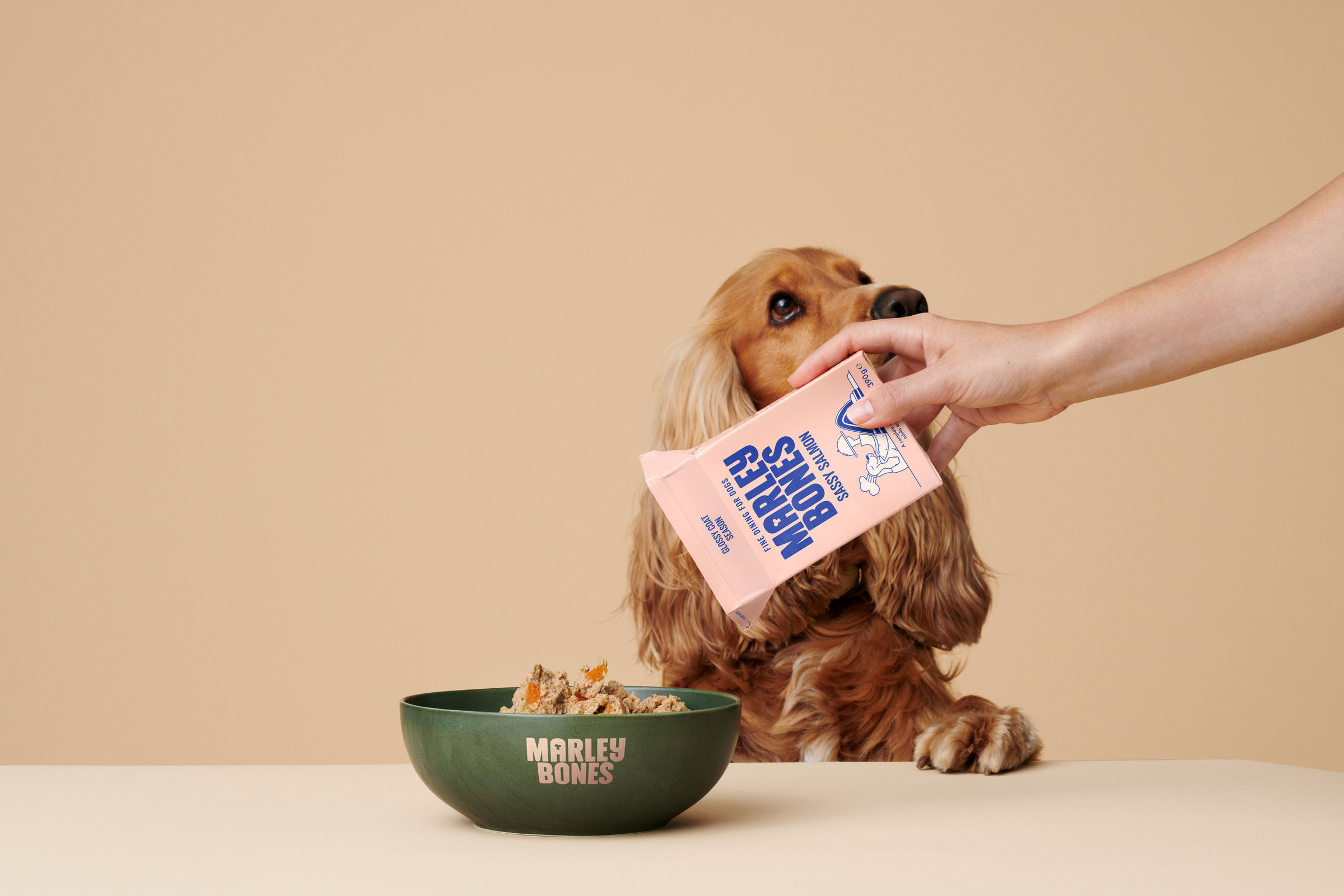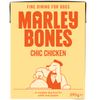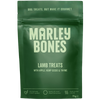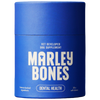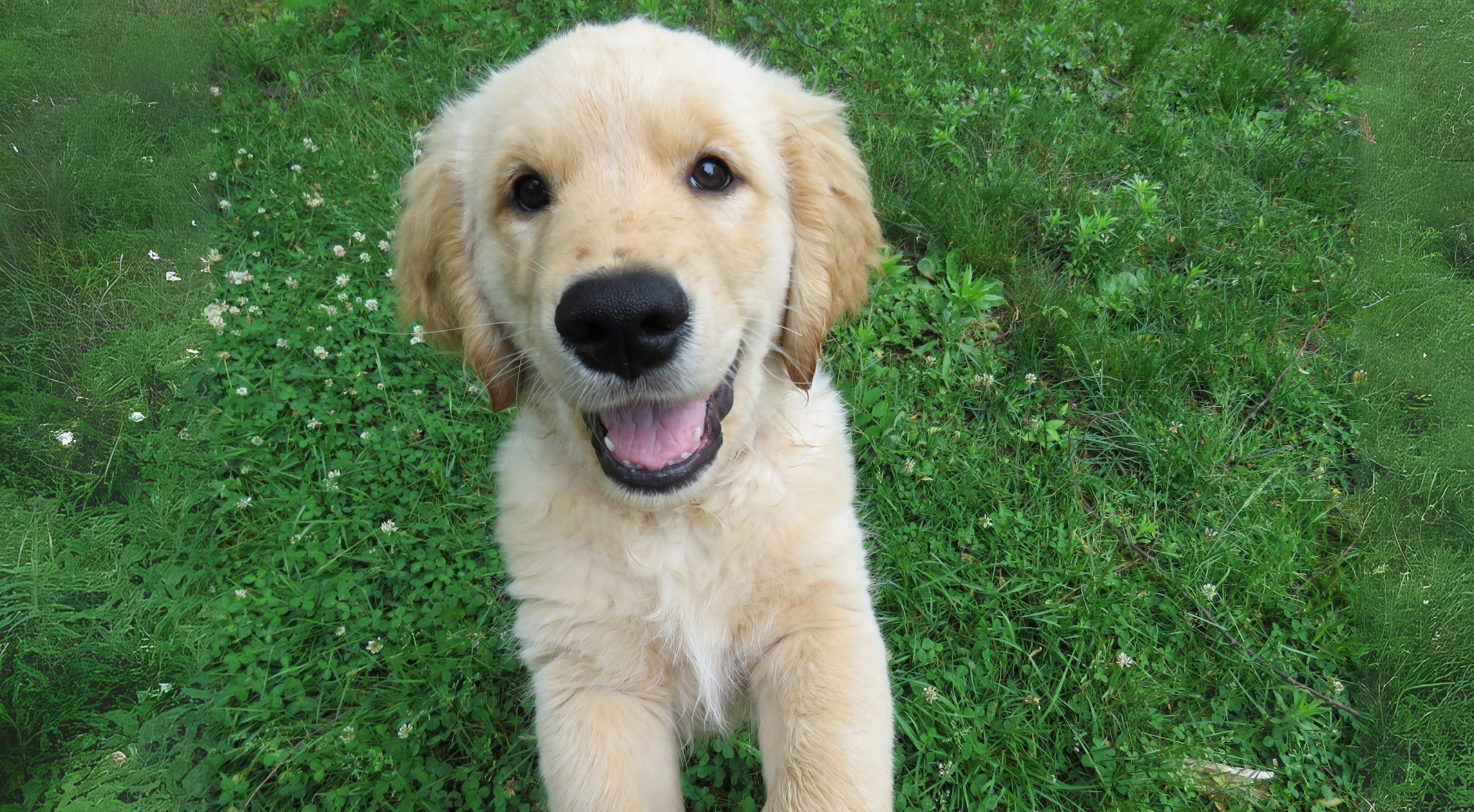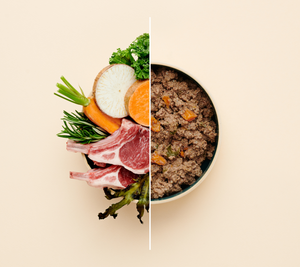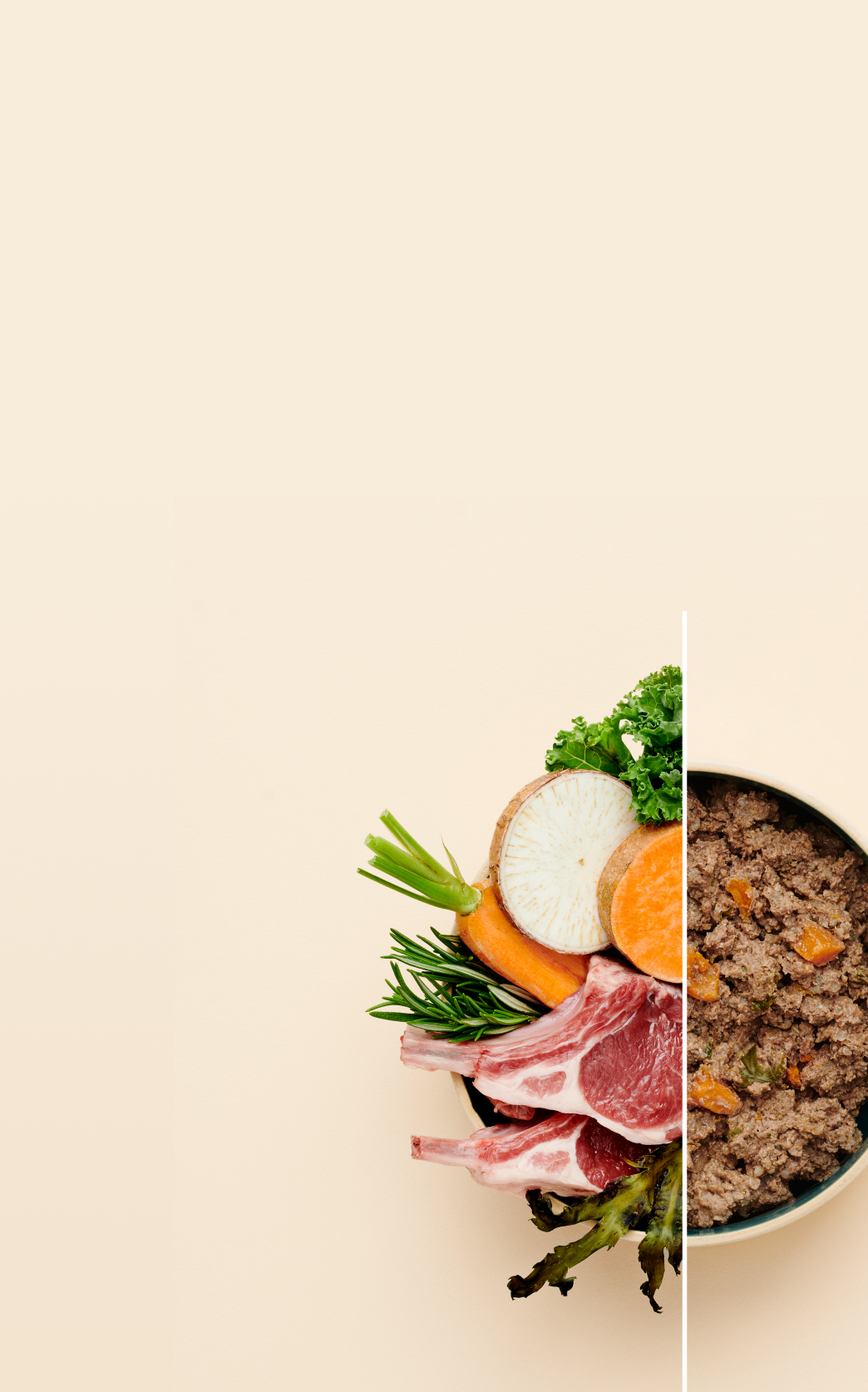Puppy Survival Guide 5–6 Months Old: Essential Tips for Thriving During Adolescence
Navigating the 5 to 6-month milestone in your puppy’s life is both exciting and challenging. This adolescence phase brings big changes - physically, mentally, and behaviourally - and it’s crucial to understand what your puppy needs to thrive. This guide helps you prepare for, support, and enjoy this dynamic stage, setting your pup up for a happy, healthy adult life.
Understanding the 5-6 Month Puppy Phase
At this age, your puppy is growing fast and testing boundaries. You’ll notice new behaviours, stronger independence, and a surge in energy. Consistency is key—training, socialising, feeding, and exercise all play vital roles. By maintaining stable routines and focusing on positive reinforcement, you build a foundation for a confident, well-mannered dog
Preparing for Puppy Development
Before your puppy hits five months, you should already have established some essential routines:
- Feeding: Offer a balanced, nutrient-rich diet packed with fresh meats, veggies, and superfoods to fuel growth.
- Training: Reinforce basic commands like sit, stay, and come. Keep training consistent with positive reinforcement.
- Socialisation: Continue exposing your pup to varied people, dogs, and environments to build confidence and reduce anxiety.
- Health Care: Stay up to date on vaccinations, deworming, and flea/tick prevention.
- Exercise: Provide regular physical and mental activities to manage your puppy’s growing energy levels.
Keeping Your Puppy Safe
Safety matters now more than ever. Puppy-proof your home by securing loose cords, removing choking hazards, and creating safe zones for play and rest. Outside, double-check fences and supervise playtime to prevent escapes or accidents. When traveling, use secure carriers or harnesses, and make sure your puppy always wears an ID collar—microchipping is a great backup.
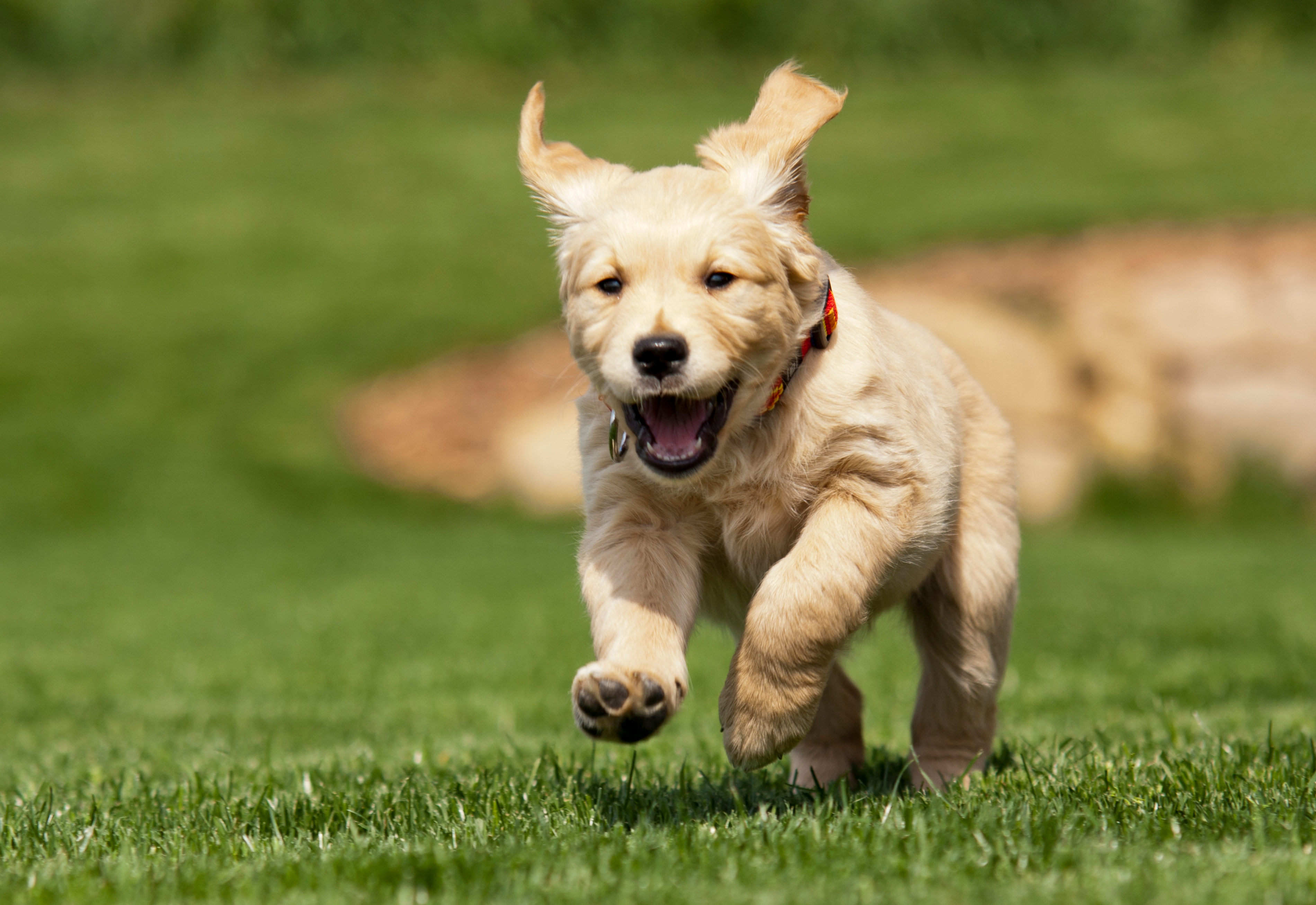
Key Milestones at 5-6 Months
Physical Growth
Your pup is growing quickly:
- Small breeds may be about two-thirds of their adult weight.
- Large breeds tend to reach roughly half their adult size.
- By six months, permanent teeth are usually fully in, so teething discomfort might ease soon.
Behaviour and Personality
This is when your puppy’s unique personality really shines. You’ll see increased curiosity and independence, with less reliance on you for comfort. Social behaviour blossoms as they learn to interact with other dogs and people, though some testing of boundaries is normal.
Healthy and Wellness
Vaccinations should be current, and parasite prevention remains important. Feeding usually shifts from three meals to two daily, adjusting portions to avoid overfeeding but still support energy and growth.
Daily Care Essentials: Nutrition, Exercise & Training
Feeding your adolescent puppy properly is crucial. Meals should follow FEDIAF guidelines for balanced nutrition, given two to three times daily depending on breed and size. Exercise is no longer just play—aim for about an hour a day spread across walks, play sessions, and training to build muscles and mental skills.
Training sessions at this stage should last 10 to 15 minutes, twice daily, focusing on obedience and manners. Continue socialisation by introducing your puppy to new environments and friends, rewarding calm, confident behaviour with treats and praise.

Top Tips
- Routine is Everything: Your puppy thrives on predictability—consistent meal times, walks, and training help them feel secure.
- Patience Pays Off: Adolescence can bring testing behaviours, but gentle, firm guidance wins every time.
- Keep It Positive: Reward-based training builds trust and encourages good habits without fear.
- Mental Exercise Matters: Puzzles, scent games, and training challenges prevent boredom and destructive behaviour.
- Watch Their Weight: Monitor growth carefully to avoid overfeeding and maintain a healthy body condition.
The Final Woof
The 5 to 6-month window is a pivotal chapter in your puppy’s journey to adulthood. With patience, love, and the right approach, you can turn these growing pains into joyful milestones. Keep routines steady, offer lots of positive reinforcement, and celebrate every success along the way. Your well-cared-for puppy is on the path to becoming the happy, confident companion you always dreamed of.



